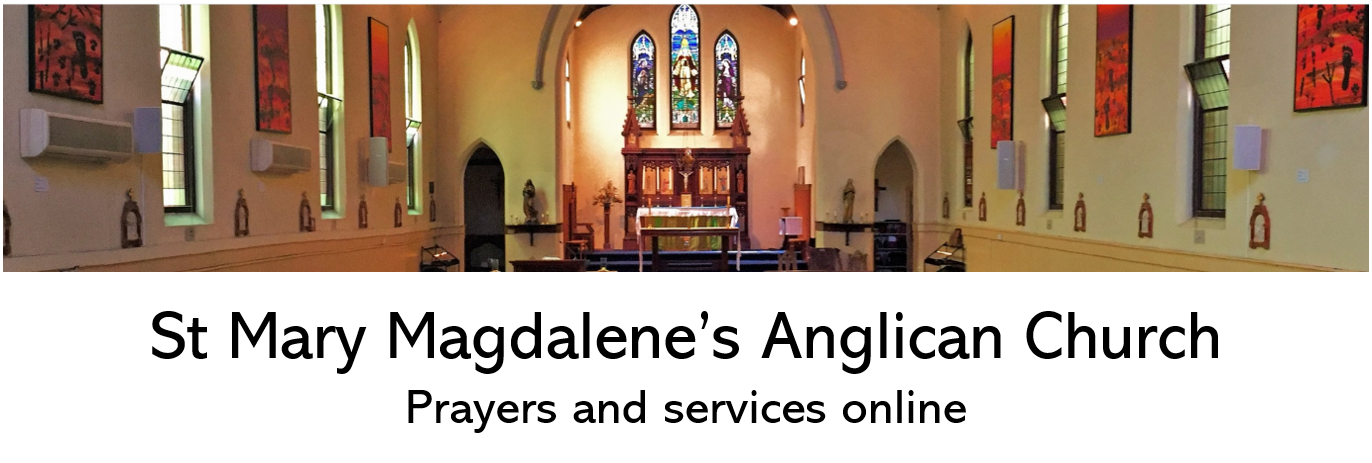
Fr Philip Carter offers a ministry of spirituality, with a series of meditations on some questions that we may ponder as we consider our life in God.
You will find here his reflections and questions for meditation, images, music and poetry to enrich your life’s journey.
This post from Fr Philip Carter is our last post for the year 2023. we hope you have enjoyed the journey of meditation, through words, images and music. We will be taking a time of rest in January and will see you again in February 2024.
“Teach us to care and not to care. Teach us to sit still”
T. S. Eliot
Jesus said when you pray go into your room and lock the door. Blaise Pascal saw that most of our problems stem from our inability to sit quietly in our own chamber. The wisdom of the desert Fathers and Mothers was that your cell will teach you everything. Learning to live with ourselves, watching our breathing, which connects us with the earth, with all of humanity and with God – who breathes Spirit in us: quieting our minds, accepting what is: and awakening our hearts, discovering that the Kingdom of God is within: we can begin to open ourselves to God’s healing grace, and realize that God’s first gift to us is to be able to say “I am”.

“When it’s over, I want to say: all my life
I was a bride married to amazement.
I was the bridegroom, taking the world into my arms.
When it’s over I don’t want to wonder
if I made of my life something particular, and real.
I don’t want to find myself sighing and frightened,
and full of argument.
I don’t want to end up simply having visited this world”.
Mary Oliver
G. K. Chesterton, following a period of depression, experienced a “burst of astonishment at our own existence” The task of the artistic and spiritual life, he saw, “is to dig for this sunrise of wonder”: A generation later Philip Toynbee wrote in his journal: “The basic command of religion is not ‘do this’ or ‘do not so that!’ but ‘look!’. To which I would add: “And live!”

Poetry, like prayer, is “the marriage of said and unsaid”, where we experience the world through disclosure and concealment. It is never perfectly understood, because words notoriously lack precision. But neither is poetry or prayer “a fancy way of hiding our meaning”. Both ask of us to face our truth – even, as the English poet David Gascoyne knew – that “Perhaps/only the poem I can never write is true”. Richard Rohr says that “poverty of spirit” means that we can’t fix, can’t control, or understand. Yet this “unknowing” – when, after the long struggle to express our truth we fall into silence – we discover that this is precisely the right place where we can come to know God.

We “must learn to be…incomplete…a space within which God…can act”.
Simon Tugwell
The images in this post are of embroidered photographs by the Brazilian artist Aline Brant.
With her embroideries, the artist is reconnecting her models with nature and dreams. Celebrating smiles and bodies, she gives us a sheer feel of freedom and hope. We are children again, forever. … With a lot of tenderness, the Rio de Janeiro based embroiderer is revealing the inner beauty of women and men with colored threads.
From complex designs to minimalistic touches, the embellishments are recalling us to enjoy the simple pleasures and to marvel of nature’s wonders. The work of Aline Brant is essential in the fact that it is reminding us that nature is full of harmony, sweetness and love, that humanity should be too and that it is through art that we could find our lost paradise again.
Source: Embroidered Humanity: The Photography of Aline Brant
Psalm 43:3: “O send out thy light and thy truth, that they may lead me; let them bring me unto thy holy hill, and to thy dwelling”
For a printable PDF of the text of this meditation please click on the link below.




